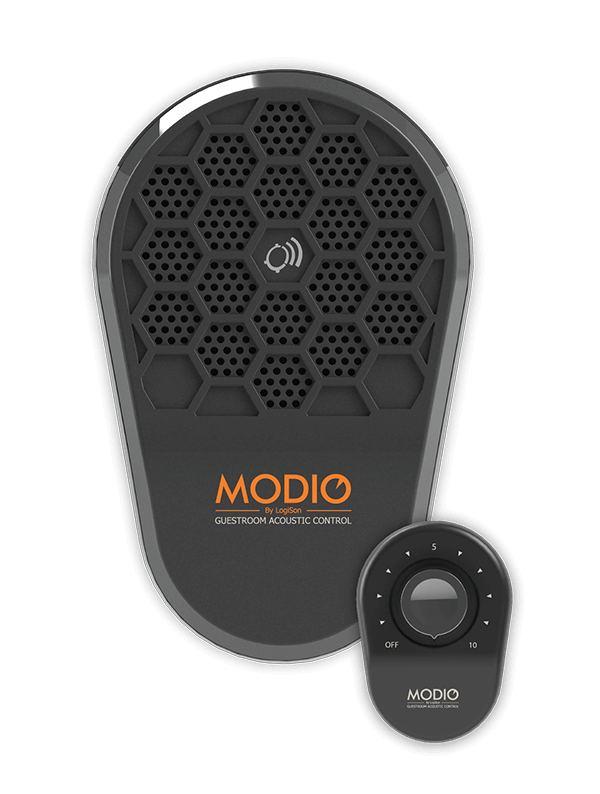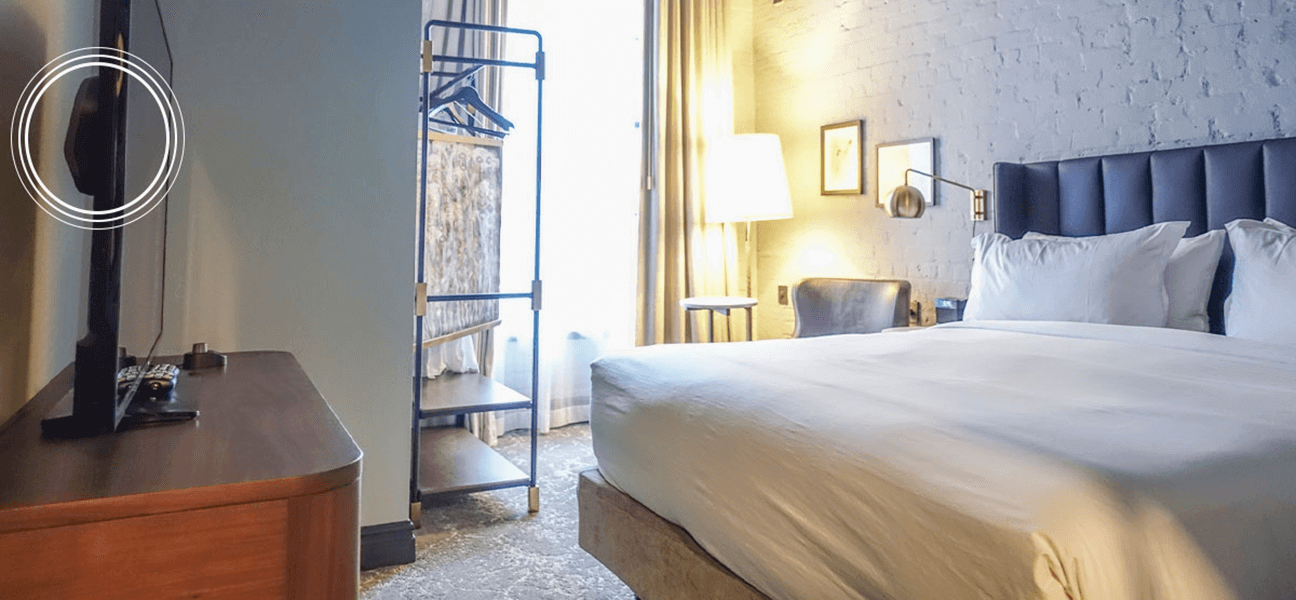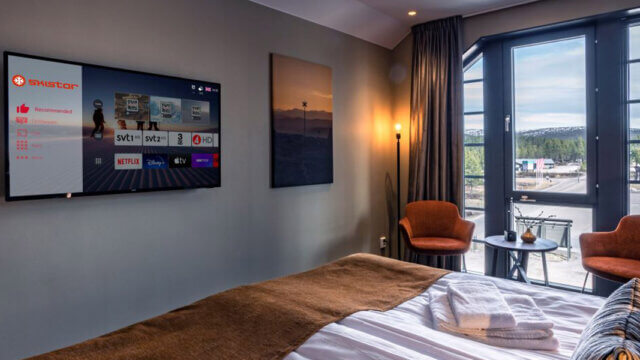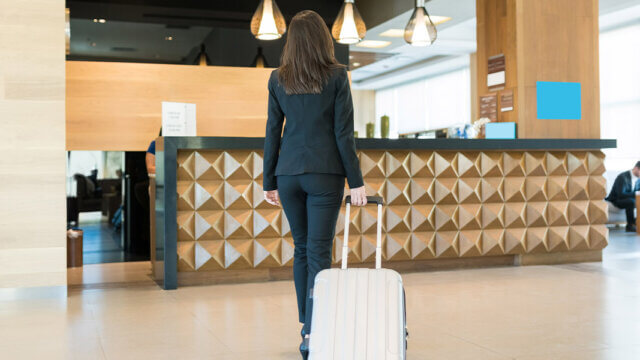As a result of the pandemic, many of us are paying greater attention to our personal health than ever before. While self-care was previously seen as a luxury that involved occasionally indulging oneself as a treat, it’s come to be viewed as a daily requirement, essential to both physical and mental health.
Indeed, wellness is now a dominant consumer value around the world—and a key driver for the travel and tourism industry. According to a 2021 report, the Global Wellness Institute expects our increasing emphasis on well-being and work-life balance to power a 21% annual growth rate in wellness tourism as we approach 2025. Hoteliers are responding with an abundance of health-related amenities, including on-site experts, meditation classes and personalized spa services. Many are also ramping up offerings related to another key consideration with particular relevance for hotels: sleep.
As the Centers for Disease Control and Prevention emphasizes, “Getting enough sleep is not a luxury—it is something people need for good health.” If we’re deficient in this regard, it can weaken our immune system, making us more likely to catch a cold. Research also links sleep deprivation with more serious conditions, including type-2 diabetes, high blood pressure, heart disease, cancer and obesity. Additionally, lack of quality slumber affects our brains, accelerating aging and increasing risk of dementia, depression, anxiety and generally ‘fuzzy thinking.’ Alarmingly, drowsy driving is likely responsible for around 6,000 fatal crashes per year in the United States alone.
Today’s health-conscious guests expect their chosen property to provide them with a good night’s rest. In fact, a TripAdvisor survey found 55% look for reviews that specifically mention sleep quality before they make a reservation. However, there is one issue that often deters guests from booking their stay: noise.
For decades, noise has ranked among the top guest complaints across all property types, and is known to disrupt sleep by preventing onset, prompting shifts to lighter stages, and causing awakenings. However, the solution to this issue might come as a surprise to those unfamiliar with the science of acoustics.
Studies show the likelihood a noise will disrupt an occupant largely depends on how much change it causes in their room’s typical ambient conditions. The greater the change, the harder it is for them to ignore, even while asleep. The ambient level in most guestrooms is often just 28 to 33 A-weighted decibels. In these “pin-drop” environments, just about any noise—even normal conversation in the hallway—creates a significant change.

Guests can be made more comfortable by taking a simple step that initially seems to contradict the goal of reducing noise: increase their room’s background sound level using sound masking technology. Although often compared to softly blowing air, the sound produced by a commercial-grade sound masking device follows a specific spectrum developed by the National Research Council to balance the need for acoustic control with that of occupant comfort. It covers a variety of noises and reduces the disruptive impact of others, creating a less variable—and, therefore, more comfortable—sleeping environment.
The rapidly growing demand for such wellness offerings provides abundant opportunities as hotels continue to recover from the pandemic. Equipping your guestrooms with sound masking will ensure your guests get the “healthy dose” of sleep they need to feel refreshed and rejuvenated—and singing your property’s praises, rather than anxiously awaiting their return home.
This information was contributed by K.R. Moeller Associates Ltd., designer and manufacturer of MODIO Guestroom Acoustic Control sound masking technology. To learn more about MODIO, or to request a demo, visit www.modio.audio.




